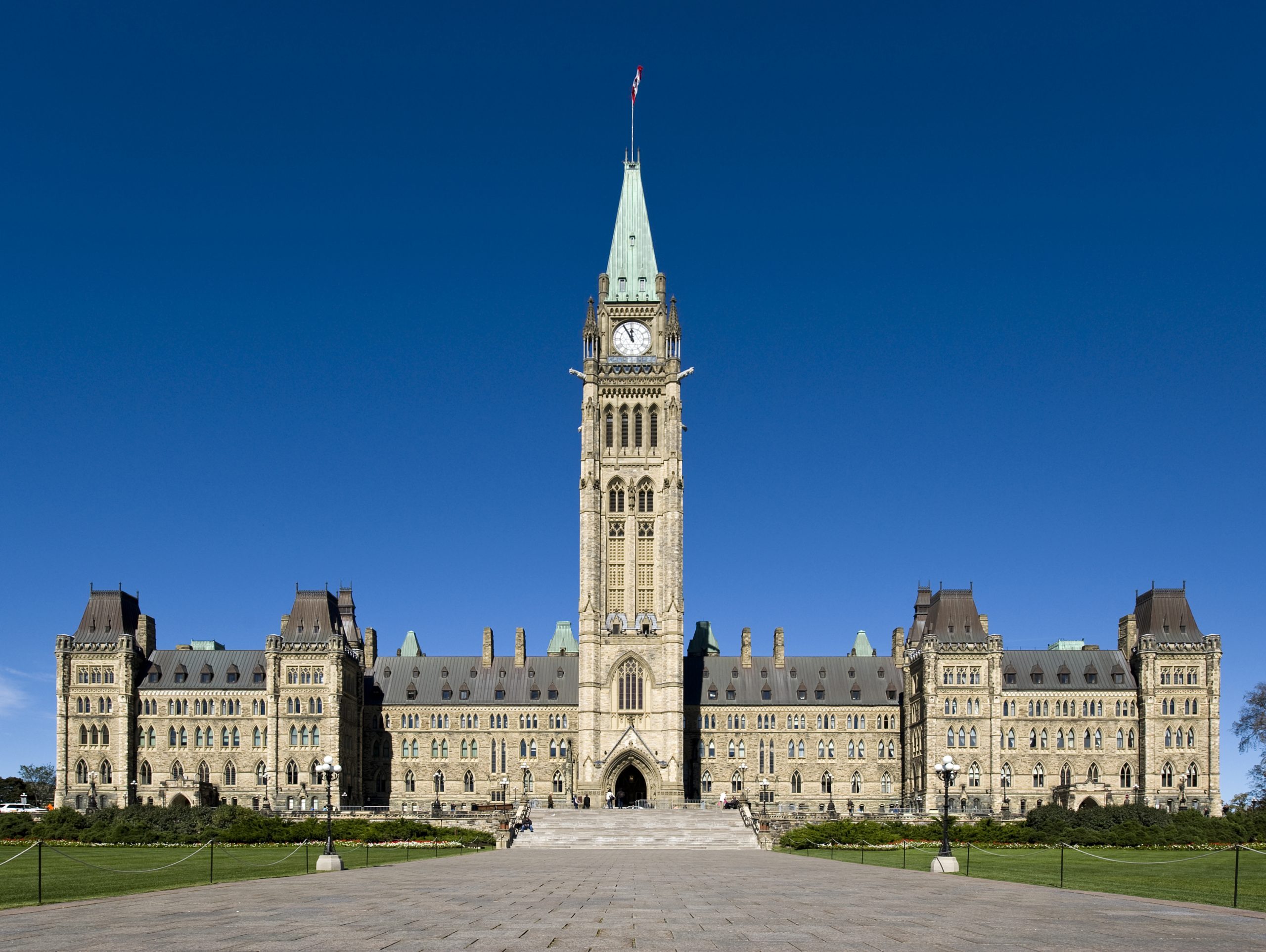Niger Innis is fighting a war for the poor.
Innis, national spokesman for the Congress of Racial Equality (CORE) of the United States, spoke about energy prices relating to poverty at a luncheon put on by the independent think-tank Frontier Centre for Public Policy at the Ramada Hotel on Wednesday.
“The most vulnerable people in a suffering economy are its country’s poor,” Innis said in his speech to interested members of the public.
“High energy prices and bad government policy allows for a ‘War on the Poor.’ ”
Innis believes that lower-income communities do not have a fair chance to climb the “economic ladder” because they are held back due to high energy costs. He uses a study done by the NextGen Energy Council in the U.S. to prove his point.
“The average American family spends five cents of a dollar on energy,” he said. “The average low-income family in America spends 20 cents of a dollar, but those that fall below the poverty level spend (half of what they make) on energy. As prices go up, that can eat a bigger and bigger percentage of their income.”
According to Innis, this isn’t just an American problem. Although poorer people in Canada can receive subsidies, there are going to be some bills that an energy subsidy will not reach, such as food prices and education. Jobs will also be lost because Canadian businesses may move somewhere else to avoid the taxes.
Innis said implementing more taxes on energy won’t work and will only hurt the poor even more.
“Don’t implement dumb energy policies. Don’t implement carbon taxes, like the Liberal (Leader Stephane Dion) is talking about doing in Canada,” he said.
“People of Canada are going to look at the proposals dealing with this economic crisis, such as the carbon tax and the negative impact it can have on an already tenuous economy, and make a decision for what they want their future to be.”
CORE launched a campaign to stop the “War on the Poor.” The organization has amassed a range of individuals and consumer groups across the United States to push back against government officials who implement what CORE considers bad energy policy, because of the influence of radical environmentalists.
“We have been committed to unmasking these environmental extremist groups and the politicians that blindly follow them. These extremists want the power to control people’s lives, and to force a lower standard for living on all people,” Innis said.
“They know the best path to choke off economic growth is to get their hands around the neck of energy supply and to squeeze and to prevent it.”
Innis said that the policy behind this is immoral, and in the end it’s the poor consumer who gets hurt the most. He believes that there is good news because consumers are waking up and pushing back.
“We know that our side of the issue is finally being brought to the table and being heard,” he said.
CORE was formed in 1942 and played a pivotal role in the U.S. civil rights movement of the time. Innis’ father, Roy, has been the chairman of the organization for the last 40 years, and Innis has been involved professionally since the 1990s.
While CORE initially originated to deal with the issue of racial segregation, it has always had a diverse membership, who are now concerned with economic rights and economic parity for citizens of any colour.


